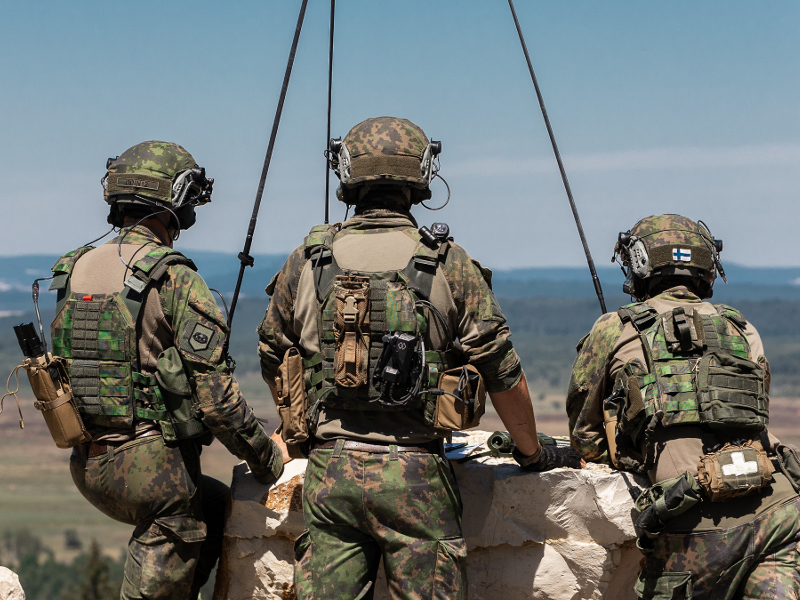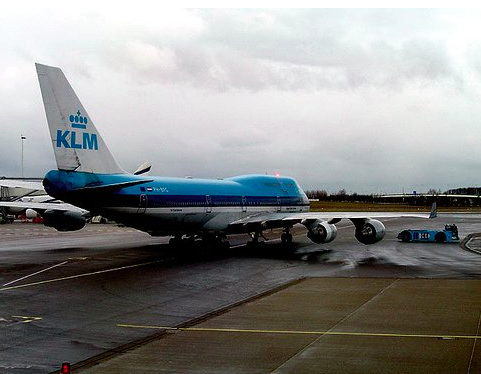Between spring of 2023 and 2024, one major change happened to the European security landscape. In April 2023, Finland formally joined NATO, with Sweden following in March 2024. This change was preceded by Russia having invaded Ukraine in February 2022. Political leaders from both NATO and the newly admitted members acknowledged that they were responding to the drastic change in Europe’s security paradigm resulting from Russia’s aggression.
However, while Sweden and Finland share some superficial cultural and geographical similarities, their historical and military contexts significantly differ. Sweden, for most of its post-WWII history, has opted to maintain a policy of global pacifism and neutrality. Finland has maintained a strong and assertive military presence since 1991, only refraining from earlier NATO membership in order to honor other outstanding global treaties. In 1991 Finland began a significant increase in defense spending, military hardware development construction, joint exercises with NATO armies, and investment in renewing cyber capacity. In 1992 alone, Finland purchased 64 advanced combat planes from the USA. Upon NATO entry, Finland had already exceeded NATO’s defense spending requirement of 2% of GDP minimum while Sweden remained significantly below. Given this historical context, Finland joining NATO was viewed domestically as a continuation of its national and military traditions, receiving widespread domestic support. In contrast, Sweden’s NATO membership was seen as a break from its history of neutrality and aroused significant opposition. From both the left and right, it was characterized as not only an abandonment of a defining national tradition but participation in “American imperialism”.
Understanding the implications of the changed membership and therefore security arrangements within NATO requires clarity concerning the role NATO plays in the direction of members’ economic policies. NATO encourages its member states to pool funds to protect each other from foreign economic hostility. In 2022, this was used to defend Lithuania after China sanctioned Lithuanian products and restricted Chinese imports following its recognition of Taiwan. This collective economic security arrangement has already been extended to Sweden and Finland. The “Defense Innovation Accelerator Fund in the North Atlantic” is a pool of funds to support developing defensive cyber capabilities. This is one example of NATO’s economic security architecture that its two newest members are benefiting from, specifically from the types of threats Russia may pose.
NATO membership has also opened up new prospects of investment and trade-based growth for both Finland and Sweden. Following their NATO entry, both countries have experienced significant increases in investment from other NATO members, specifically in the sectors of heavy industry, think tanks, and tech start-ups. As per NATO requirements, the Swedish government has undertaken to purchase most of its military supplies from other NATO suppliers, primarily American ones. Finland’s post-April 2023 economic trajectory provides further evidence of this role of NATO in economic policy. The USA replaced Sweden as Finland’s top trading partner. In Finland, this change was principally driven by the sectors of forestry and biofuels. However, like Sweden, Finland also experienced a large increase in foreign investment in IT. While this was also largely driven by American investors, it has opened up a space for Canadian ones.
The biggest change in established NATO members’ relationships with their two newest members is an increase in military cooperation. In late 2023 the US agreed to purchase $5 billion USD worth of icebreaker ships from Finland to renew an outdated American fleet. Throughout late 2023 and 2024, there have been two major cooperative military exercises involving these two entrants. Operation Steadfast Defender involved 91 000 soldiers from all 31 NATO member states rehearsing sea, land, and aerial defenses against possible foreign aggression in the North Sea. It is a new exercise and made significant use of Swedish and Finnish hardware and personnel. Operation Nordic Response specifically focused on the defense of arctic ice caps and arctic lands at the northern tips of Norway and Finland, bordering Russia. It involved around 20 000 soldiers, with 8000 coming from Sweden and Finland. This operation is another example of the proactive role these two states took in rehearsing and preparing defensive maneuvers against Russia on their doorsteps. Following this operation, approximately 1200 American soldiers have remained on bases near the Arctic Ocean. These two operations indicate that, while Sweden and Finland have arrived in NATO from different contexts, they have both become heavily involved with it. The most plausible explanation for this difference in approach is the universal unease in Europe resulting from Russia’s invasion of Ukraine.
The main benefit this changing security landscape has provided to the rest of NATO is broader and regularized access to North Sea and Arctic ports. Therefore, the rest of NATO has a much broader range for defensive military maneuvering in the North Sea and Arctic regions, which is vital to defense against Russia. According to the Wilson Center, the US Army is already stationing several battalions there and engaging in defensive drills in the Arctic Ocean using Finnish ports as its base.
Sweden and Finland’s entry into NATO has generated major economic and security benefits for both them and NATO. This successful integration demonstrates NATO’s enduring strength in the face of mobilized opposition which comes from both hostile foreign militaries and political extremist factions within the domestic politics of NATO members. The positive cases of Sweden and Finland indicate that NATO should continue to support expansion where its members believe this is beneficial, and NATO as an organization should continue proactively pursuing its collective security objectives. The fact of strong and successful economic and security results for both NATO’s strongest members and its newest entrants offer a positive incentive for strengthening and broadening the alliance.
Disclaimer: Any views or opinions expressed in articles are solely those of the authors and do not necessarily represent the views of the NATO Association of Canada
Photo: Finnish Army Joint Terminal Attack Controllers overlook a firing range (2022), NATO via Flickr. Licensed under CC Noderivs 2.0 Generic.





